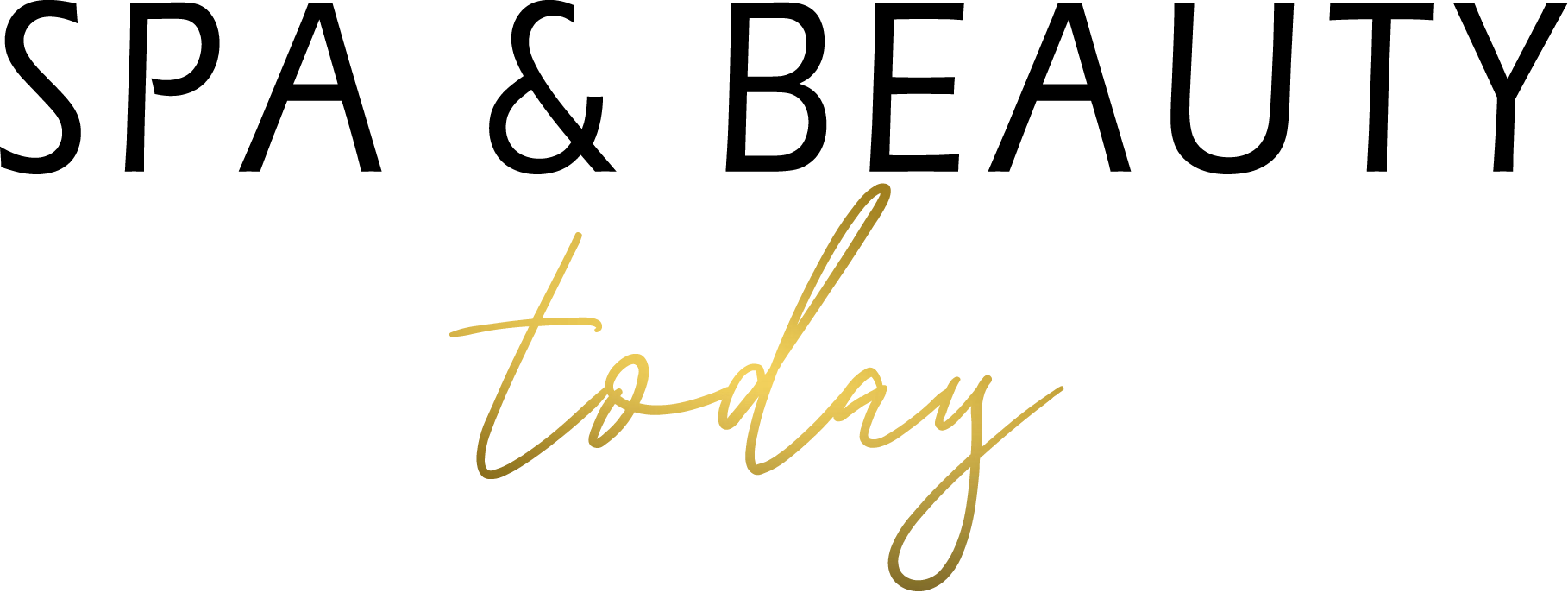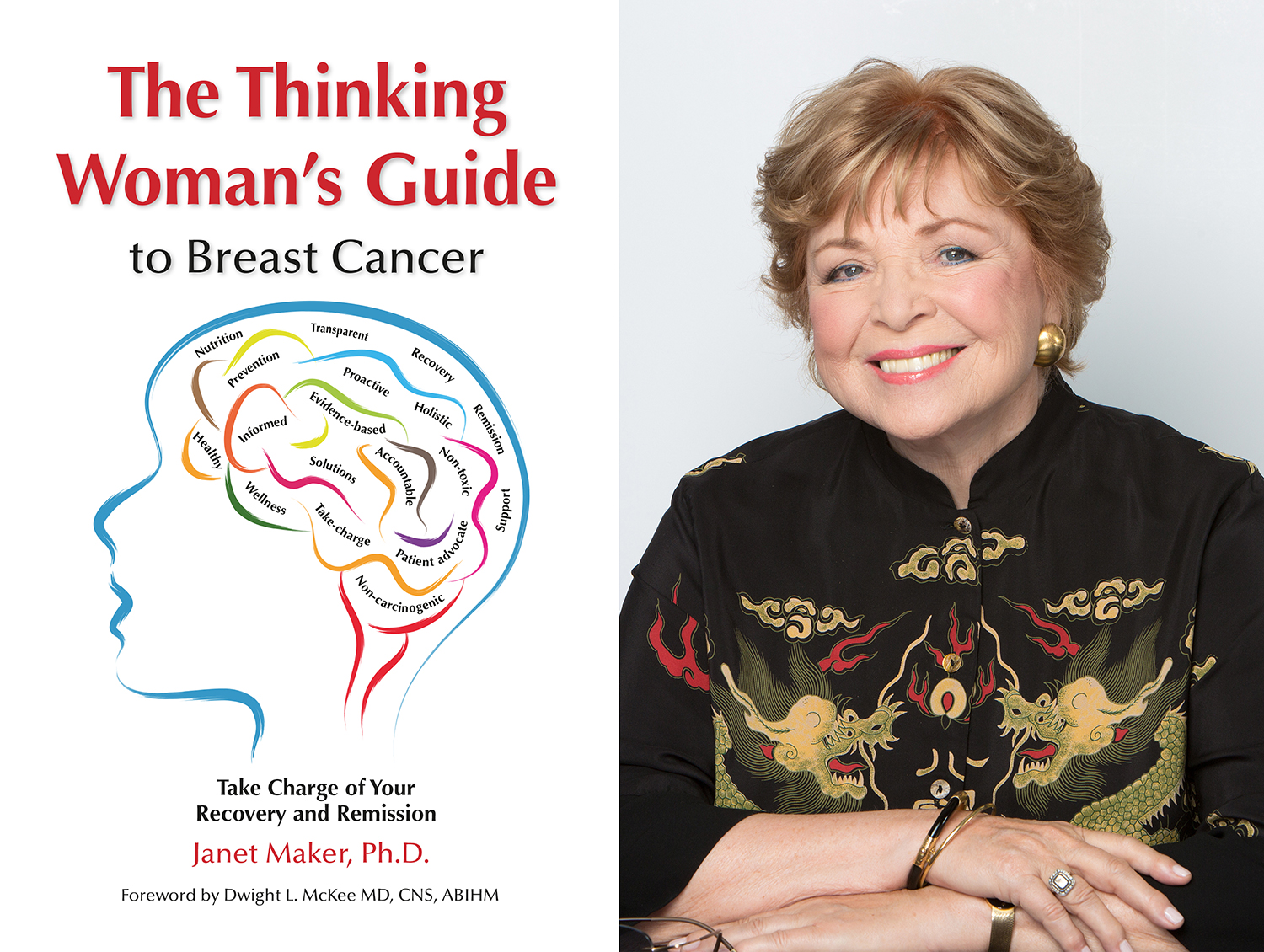The Anti-Cancer Diet: A Survivor's Guide to Healthy Eating
Eating the right foods is an integral part of preventing recurrence of cancer.
Dr. Janet Maker, Ph.D. is a breast cancer survivor who was diagnosed in 2011, and is also the author of The Thinking Woman’s Guide to Breast Cancer: Take Charge of Your Recover and Remission, which chronicles her experiences and how she processed them based on her specific diagnosis, the presentation of her metastatic breast cancer, and the diagnostic challenges she faced. It also helps patients find the information they need to make the best decisions about their own treatment and the best ways to stay in remission.
Dr. Janet Maker is a cancer survivor and the author of The Thinking Woman’s Guide to Breast Cancer: Take Charge of Your Recover and Remission.
“Eating the right foods is an integral part of preventing recurrence of cancer,” says Maker. “I have been in remission from Stage 2 breast cancer since 2011, and I work with an integrative oncologist who has me on a remission maintenance program designed to keep any existing cancer cells dormant and prevent the development of new cancers that may have been caused by chemotherapy and radiotherapy. The program consists of diet, supplements, exercise, stress reduction, and avoidance of carcinogens. Changing my diet was one of the biggest changes I made during my breast cancer journey, and it’s taken a lot of mental effort to adapt and adhere to a new way of eating.”
Here, she shares her tips for following an anti-cancer diet:
Eat more fish.
Sardines are rich in omega-3 fats, which are anti-inflammatory and inhibit the growth of cancer.
My anti-cancer diet consists of a large amount of organic fruits, vegetables and whole grains. The only animal products I am allow are fish, organic egg whites and the occasional omega-yolk, and whey protein. I am not allowed meat or dairy. Fish is a healthier option because it is lower in cancer-stimulating factors, and fatty fish is also rich in omega-3 fats, which are anti-inflammatory and therefore inhibit the growth of cancer.
The best fish to eat are small fatty ones like anchovies, small mackerel and sardines. Canned sardines are okay if they are preserved in olive oil and not sunflower oil, which contains omega-6 fatty acids. I avoid bigger fish like tuna, shark and swordfish because they are contaminated with mercury, PCBs and dioxins.
Consume organic whole grains.
Replace refined carbohydrates and processed flour with organic whole grains.
I also avoid refined and high glycemic index (GI) carbohydrates, mainly sugar (which generally has a GI score of 65 to 110 depending on type), anything made with processed flour, and grains that have had the whole grain extracted, like white rice, refined cereals, pastas and snack foods. High GI diets have been linked to many diseases, including digestive and hormonally related cancers, such as colorectal, liver, pancreatic, breast, endometrial and ovarian.
I buy organic whole grain bread, pasta, cereal and rice, as well as other grains like quinoa, farro, barley, etc. Corn tortillas, chips and popcorn are whole grains, but they must be organic because almost all corn in the United States is genetically engineered.
Use natural sugar substitutes.
Natural sugar substitutes are a healthier option to sugar, which feeds cancer cells and affects the immune system.
I can eat lower-glycemic natural sugar substitutes, such as Stevia (which has a GI score of 0), agave syrup (which has a low enough score of 15), and xylitol (made from plants, which has a score of 7). When in doubt about a food, I google its GI score. Because I am allowed to eat dark chocolate, at home I eat unsweetened vegan dark chocolate mixed with agave syrup. Sometimes I melt it and use it as a dip for fresh fruit, or mix in dried fruit or nuts, then put it in the fridge to harden.
I also use raw cacao powder mixed with agave syrup or xylitol and plant milk to make hot chocolate in the winter or iced chocolate in the summer. I make an easy but satisfying chocolate pudding by stirring the cacao plus sweetener into non-dairy yogurt made with coconut milk. There are also commercial vegan ice cream substitutes, and I am very fond of frozen bananas covered in dark chocolate.
Enjoy the occasional indulgence.
Red wine can still be enjoyed on the anti-cancer diet.
My diet permits me to drink red wine and dark beer, and I’m also allowed to cheat four times a year, which I usually do during major holidays. Following an anti-cancer diet takes work, but it’s possible to have a healthy diet and still take pleasure in eating. While optimizing our health is the end goal of this diet, I think it’s okay to aim for 80 - 90 percent. Following it to a T without erring is more superhuman than realistic.
For more information, visit Dr. Maker’s website and YouTube channel. Follow her on Instagram: @twgbreastcancer






